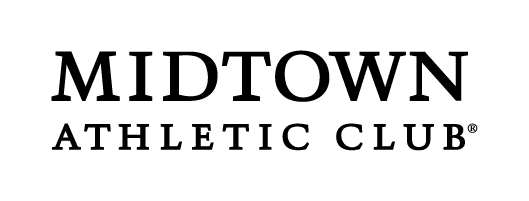It’s Marathon season! Whether you’re registered for this year’s race or considering running next year, check out these 6 common nutrition mistakes to avoid when training for the big 26.2.
- Not eating enough. Your exercise has increased, so now your nutritional intake needs to increase. Even if you want to lose weight, you still need to fuel with enough food to not only perform but also to lose weight healthfully. Make sure you are eating at least 3 meals and 1 or 2 snacks per day with a nice balance of protein, carbs, and fat. If you know you need to increase your nutrition intake, start small. For example, add an extra ounce of meat to your dinner, another ½ cup of grains to your lunch, or an extra snack in the afternoon.
- Eating too much. You’re running more and you’re hungrier, which makes sense. But don’t mistake this hungry feeling for an invitation to eat whatever you want and lots of it. A common mistake when training for an endurance race is to overeat, which can cause you to actually gain weight. If this isn’t your goal, you need to monitor your food intake and find a balance between fueling enough but not too much. My advice is to add small amounts of food at a time as you increase your running. The key to this is to continue eating a healthy, well-balanced diet. And if you want to splurge, don’t overdo it.
- Not fueling or hydrating enough during exercise. It’s sometimes difficult to eat during your run and you may not feel hungry, but it’s vital that you don’t wait too long to fuel and hydrate during your long distance runs. Bringing food with you is not convenient, so this is where sports products come in. Sports products have electrolytes and carbs, which are lost when you are sweating and running. They are convenient and made with just the right amount of potassium, sodium, and carbohydrates. Make sure to drink enough water with these products so you can digest them well.
- Skipping breakfast or pre-run food. You may be running early in the morning and the last thing you want to do is eat something right after you roll out of bed or right before you run, right? Do it anyways! You don’t need to have a full breakfast, but you need some carbohydrates and a little bit of protein before you go out for that run, since calories you ate the day before have been burned or stored overnight. You need energy to perform well, so try to eat an energy bar, banana, or bring a sports product, like a coconut water sports drink, to have during your run.
- Poor recovery nutrition. You just ran your distance run and are exhausted, so you lay on the couch instead of eat your recovery meal. Or you grab a beer first thing after the race. Okay, you can have that beer, but please have it with food. What you eat after exercise is just as important, if not more important, than what you eat before. Your body is building and repairing after a workout, so eating the right foods afterward can help the efficiency of this process. Try healthy carbohydrates with some protein and fat, if possible, within 30 minutes of exercise. You’ll want to eat and hydrate with water every 2 hours after your workout to help avoid injury, body soreness, headache, and fatigue. Avoid processed, heavy foods if you can.
- Trying new foods and sports products the night before or day of the race. You might want to go out to dinner the night before your race, but try to avoid the temptation. Usually dining out means high sodium and high fat, which is not ideal for the night before your race. Try to eat a meal you know you can digest well and is preferably cooked by you with ingredients you can control. Breakfast and sports products should be what you know you can tolerate well. If you try a new food or product, it can affect your performance and how you feel during and after the race.
